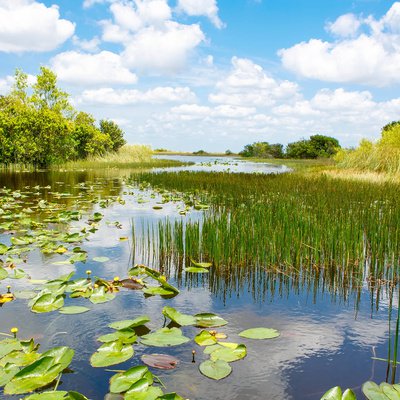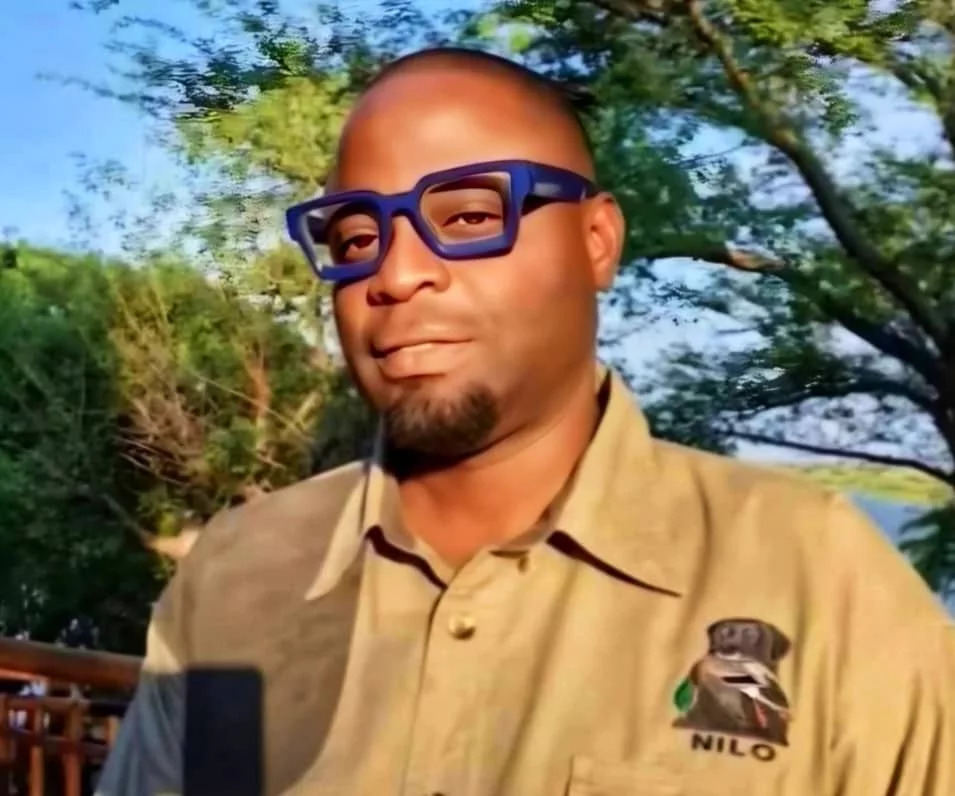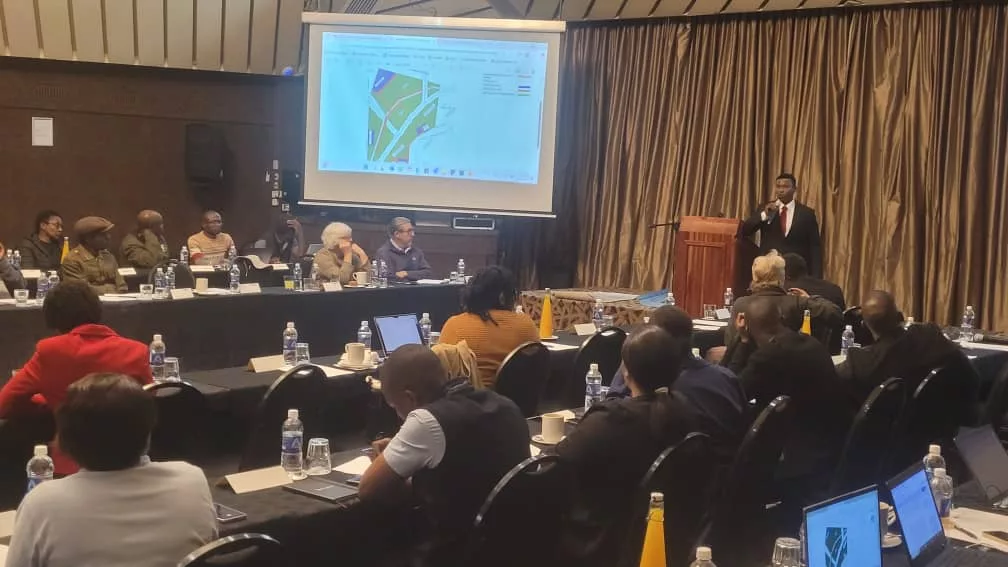|
Getting your Trinity Audio player ready...
|
Writes Edgar Gweshe
Community stewardship is a powerful model for wetlands protection which fosters local ownership and engagement leading to more sustainable and effective conservation efforts.
Community involvement in wetlands protection ensures that locals become the primary stewards of wetlands thus promoting long-term sustainability and positive change.
Community stewardship promotes increased awareness, collaboration, and partnerships, a sense of responsibility among locals, and thus leads to more active participation in wetlands protection and the environment in general.
This is key for sustainable development, especially in Harare where the headwater wetlands act as water sources.
According to the Environmental Management Agency (EMA), 82% of the country’s wetlands are moderately to severely degraded, with only 18% remaining in a relatively undisturbed state.
Statistics show that over the last two decades, Harare has lost 50% of its wetlands and stakeholders have pointed to the need for urgent action to save the remaining wetlands.
In light of the continued threats to the wetlands, various communities have adopted the community stewardship model to ensure community involvement in the protection of water sources.
The communities continue to work with various duty bearers and have recorded varying levels of success in their efforts to protect the wetlands.
According to Leon Mutungamiri, the Environmental Management Agency (EMA) Environmental Manager for Harare, communities have a key role to play in protecting wetlands.
According to Mutungamiri, the rampant destruction of wetlands in Harare is a cause for concern.
“Wetlands are sensitive ecosystems some of which have been degraded by human activities such as housing developments and agriculture activities.
“To reclaim degraded wetlands, there is a need for wetland protection and restoration projects to be spearheaded by locals at ward level. Housing development projects should go through the Environmental Impact Assessment process and acquire a licence from EMA. Local authorities’ planning departments should take note of gazetted wetlands in their planning process to avoid degradation of wetlands,” said Mutungamiri.
The Coordinator of Manyame Conservation Trust, a community-based organisation working on wetlands protection, Mobrian Marara, said communities have an important role to play in protecting and monitoring wetlands.
“Community stewardship is an important tool in protecting wetlands and helps in monitoring as well as restoring the wetlands. There is a need to ensure that local communities act as custodians of the environment,” said Marara.
The Conservation Officer for Monavale Vlei (located in Harare), one of Zimbabwe’s 7 Ramsar sites, Jimmy Muropa said over the years, community stewardship has been critical in the protection of the internationally designated wetland.
“Community stewardship in wetlands protection is very important in that it provides the eyes and ears on the ground and enables immediate action to be taken if any threats or challenges are detected. This has been a success in Monavale as a committee that specifically deals with the wetland has readily engaged with relevant authorities in dealing with issues that might arise.
Firstly, community involvement in Monavale vlei has been hugely successful, thanks to residents’ deep understanding of wetland functions and importance. Residents volunteered themselves to undertake various tasks thus collectively managing the wetland. Threats to the integrity of Monavale have been recorded but the community has remained steadfast in its efforts to protect this internationally recognised wetland.
Notable successes were recorded in education and awareness, engaging authorities and networking with like-minded partners, wetland lobbying and advocacy, and good wetland management practices thus, making Monavale vlei a very good wetland model,” said Muropa.
Zimbabwe is set to host the 15th Conference of Parties (COP15) to the Ramsar Convention on Wetlands, in Victoria Falls from July 23-31, 2025.
The summit will bring together representatives from 172 countries to discuss the conservation and sustainable use of wetlands.
The event comes in the background of the continued degradation of wetlands in Zimbabwe amid calls for an all-stakeholders approach to preserve, restore, and protect the wetlands.
According to the Harare Wetlands Trust (HWT), the upcoming COP15 Summit is an ideal opportunity for Zimbabwe to advance commitments on wetlands protection.
“This high-profile event offers a pivotal opportunity to advance both national and regional commitments to wetlands and biodiversity conservation. The timing is also aligned with the United Nations’ Decade on Ecosystem Restoration (2021-2030), which calls for urgent efforts to restore degraded ecosystems and protect those that are under threat.
Improved management and protection of wetlands are essential to ensuring healthy ecosystems that can provide clean water, support biodiversity, and contribute to national development goals. Wetland conservation directly supports the objectives of Zimbabwe’s National Development Strategy 1 (NDS1), including the attainment of national biodiversity and livelihood objectives. Furthermore, it aligns with global targets under the Kunming-Montreal Global Biodiversity Framework, the Sustainable Development Goals (SDGs), and the climate action goals by enhancing carbon capture, local climate regulation, and resilience to climate change,” said HWT Programmes Manager, Selestino Chari.






